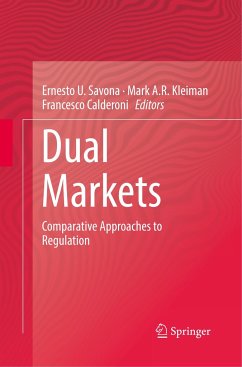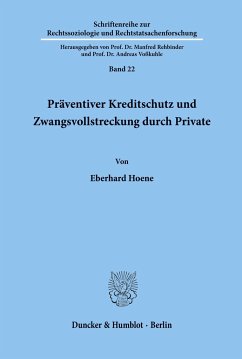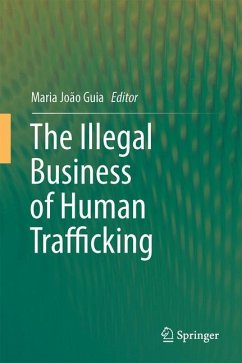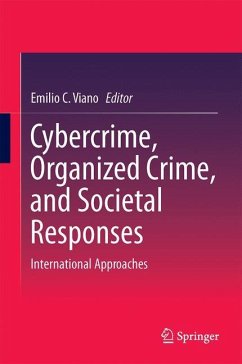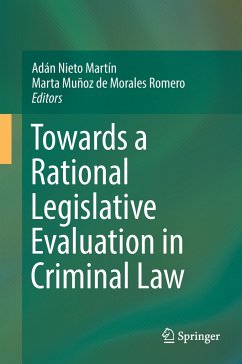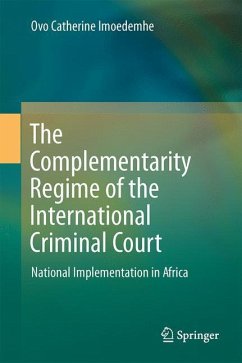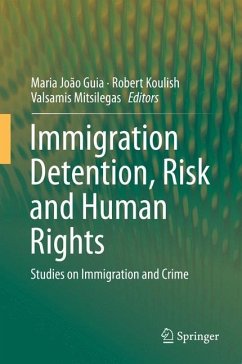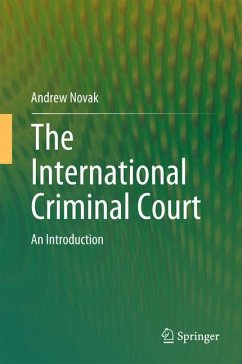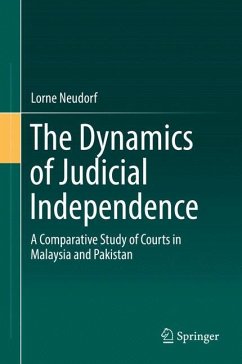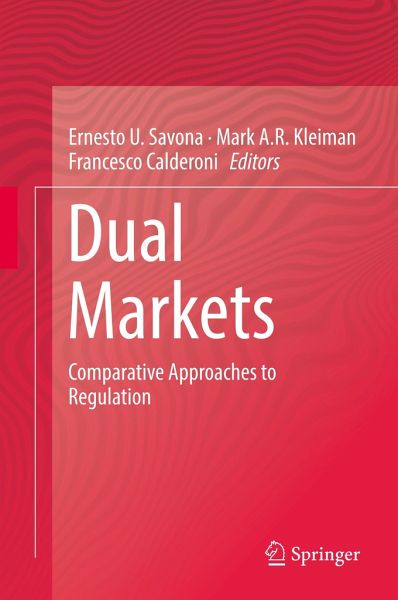
Dual Markets
Comparative Approaches to Regulation
Herausgegeben: Savona, Ernesto U.; Kleiman, Mark A.R.; Calderoni, Francesco

PAYBACK Punkte
57 °P sammeln!
This comprehensive volume analyzes dual markets for regulated substances and services, and aims to provide a framework for their effective regulation. A "dual market" refers to the existence of both a legal and an illegal market for a regulated product or service (for example, prescription drugs). These regulations exist in various countries for a mix of public health, historical, political and cultural reasons. Allowing the legal market to thrive, while trying to eliminate the illegal market, provides a unique challenge for governments and law enforcement. Broken down into nine main sections,...
This comprehensive volume analyzes dual markets for regulated substances and services, and aims to provide a framework for their effective regulation. A "dual market" refers to the existence of both a legal and an illegal market for a regulated product or service (for example, prescription drugs). These regulations exist in various countries for a mix of public health, historical, political and cultural reasons. Allowing the legal market to thrive, while trying to eliminate the illegal market, provides a unique challenge for governments and law enforcement.
Broken down into nine main sections, the book studies comparative international policies for regulating these "dual markets" from a historical, legal, and cultural perspective. It includes an analysis of the markets for psychoactive substances that are illegal in most countries (such as marijuana, cocaine, opiods and amphetimines), psychoactive substances which are legal in most countries and where consumption is widespread(such as alcohol and tobacco), and services that are generally regulated or illegal (such as sports betting, the sex trade, and gambling). For each of these nine types of markets, contributions focus on the relationship between regulation, the emerging illegal market, and the resulting overall access to these services.
This work aims to provide a comprehensive framework from a historical, cultural, and comparative international perspective. It will be of interest to researchers in criminology and criminal justice, particularly with an interest in organized crime, as well as related fields such as sociology, public policy, international relations, and public health.
Broken down into nine main sections, the book studies comparative international policies for regulating these "dual markets" from a historical, legal, and cultural perspective. It includes an analysis of the markets for psychoactive substances that are illegal in most countries (such as marijuana, cocaine, opiods and amphetimines), psychoactive substances which are legal in most countries and where consumption is widespread(such as alcohol and tobacco), and services that are generally regulated or illegal (such as sports betting, the sex trade, and gambling). For each of these nine types of markets, contributions focus on the relationship between regulation, the emerging illegal market, and the resulting overall access to these services.
This work aims to provide a comprehensive framework from a historical, cultural, and comparative international perspective. It will be of interest to researchers in criminology and criminal justice, particularly with an interest in organized crime, as well as related fields such as sociology, public policy, international relations, and public health.





